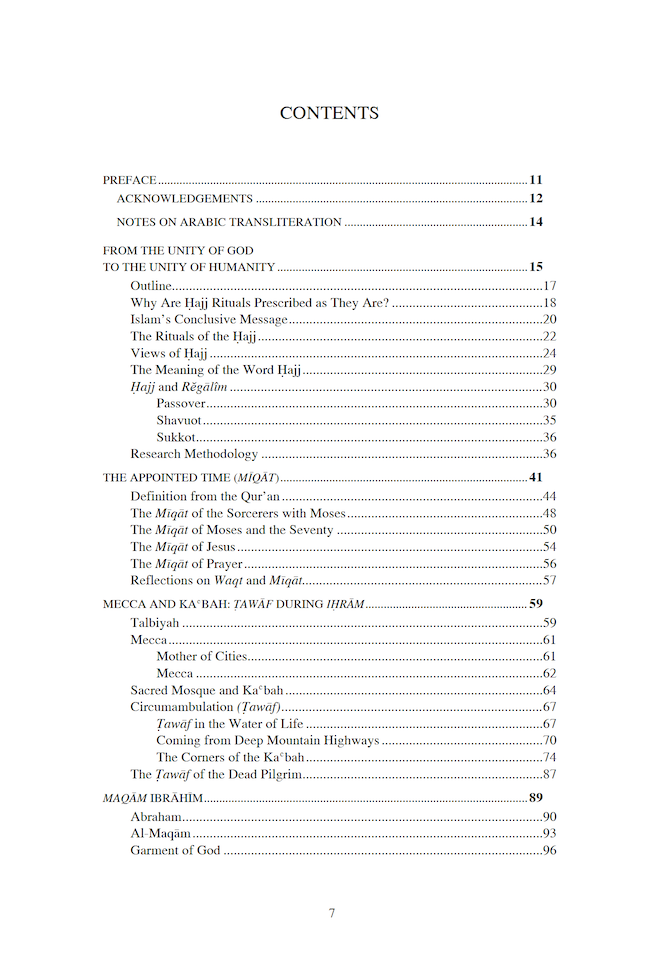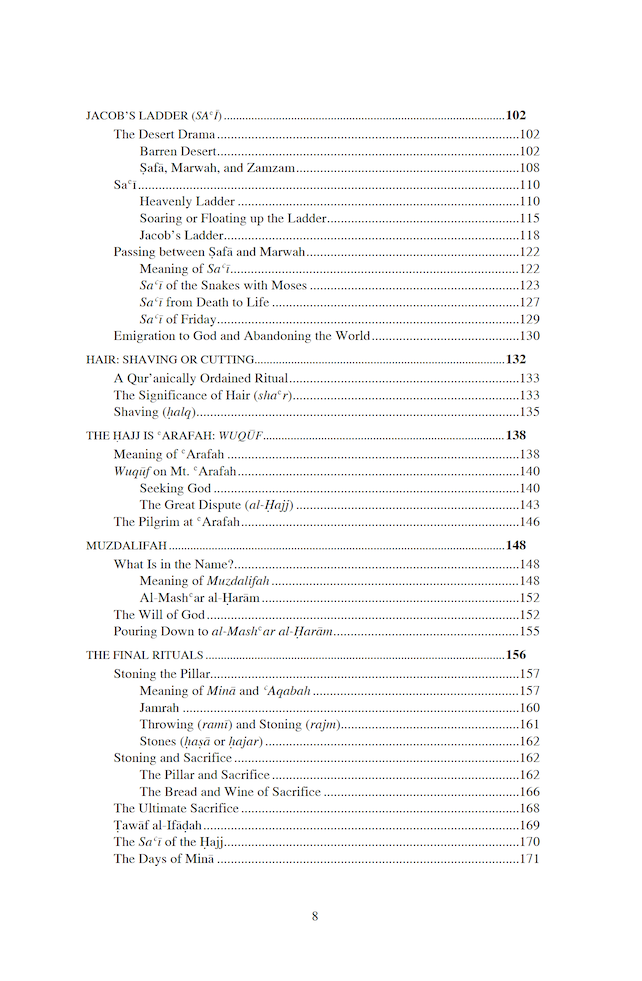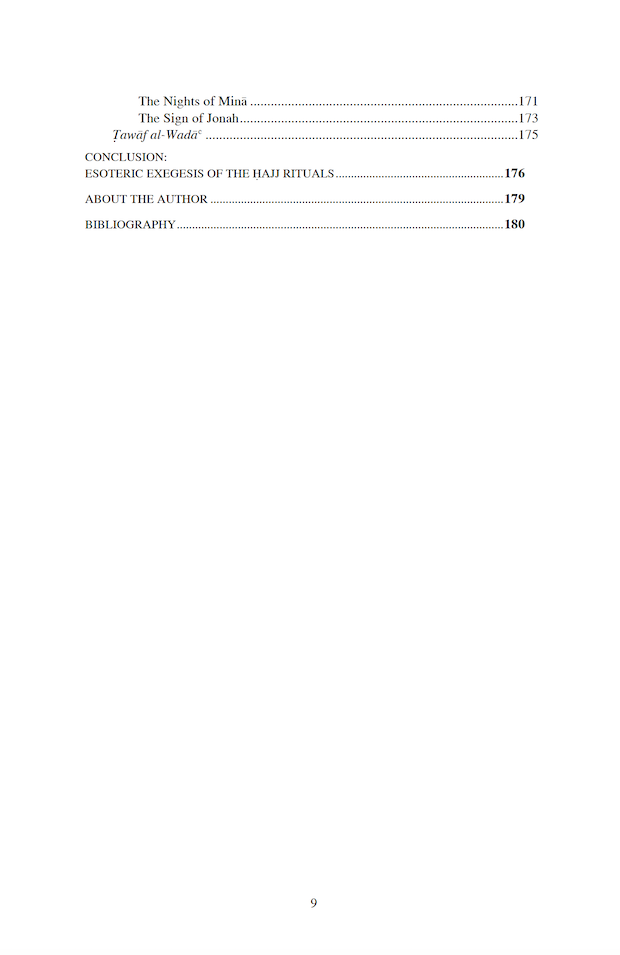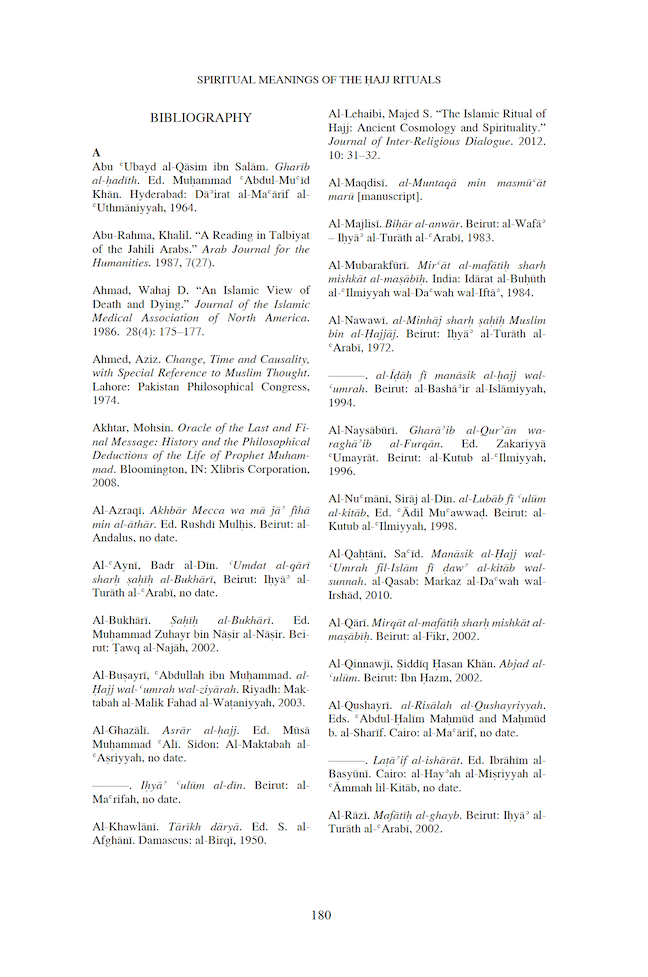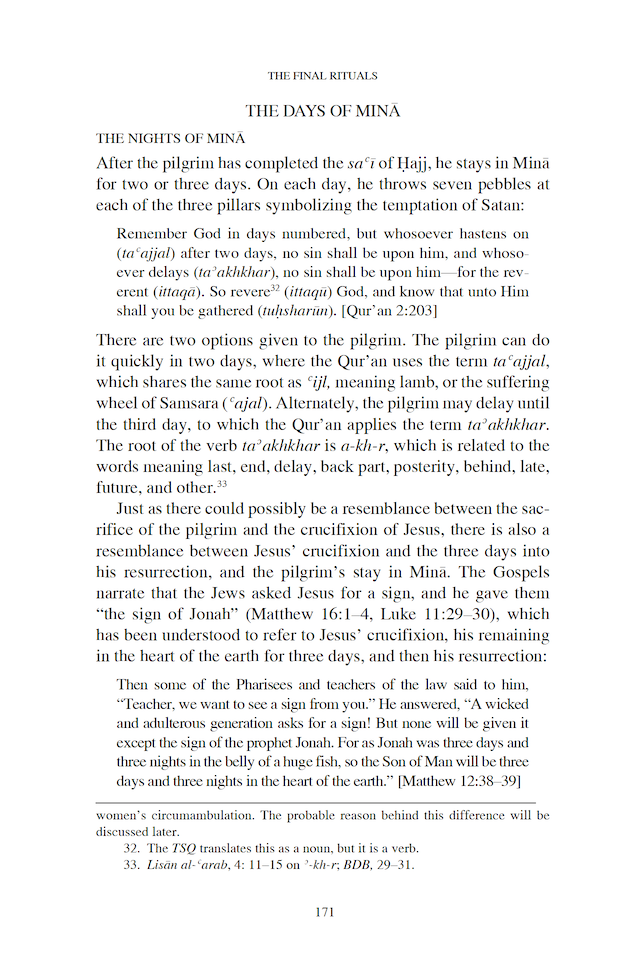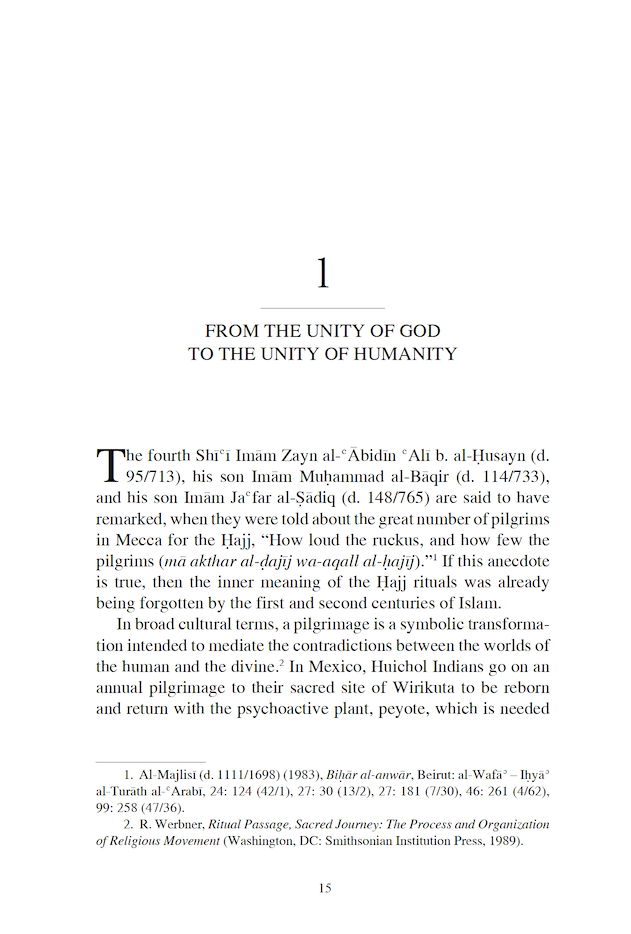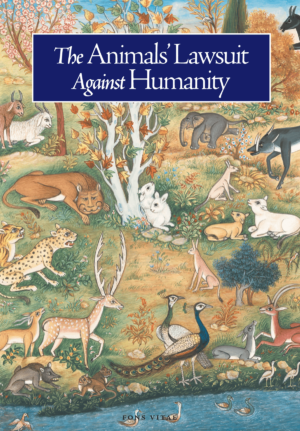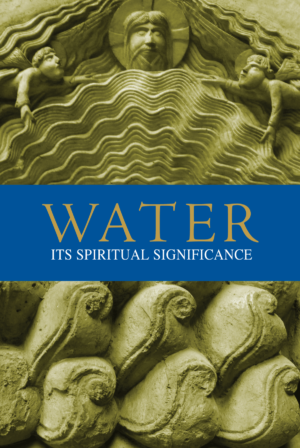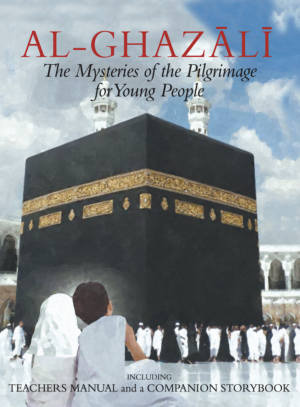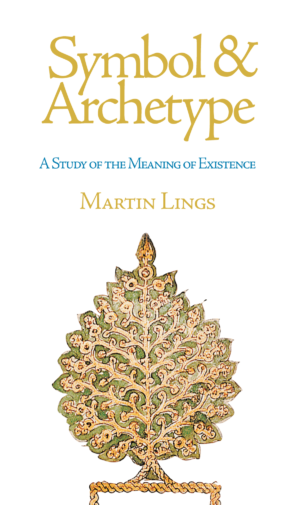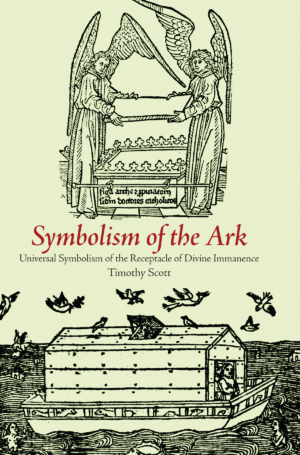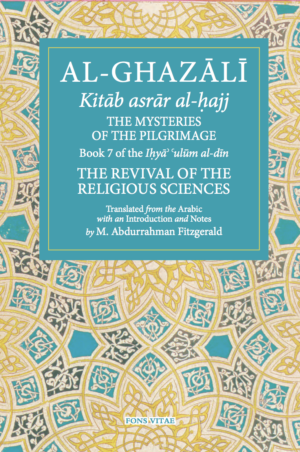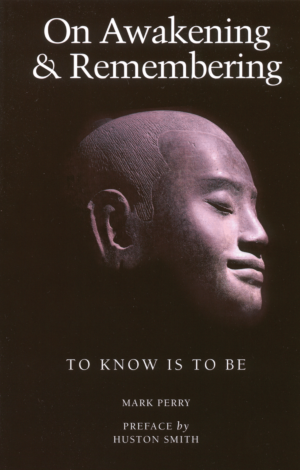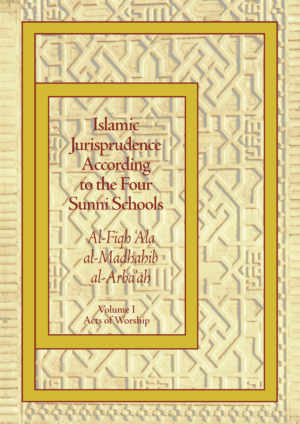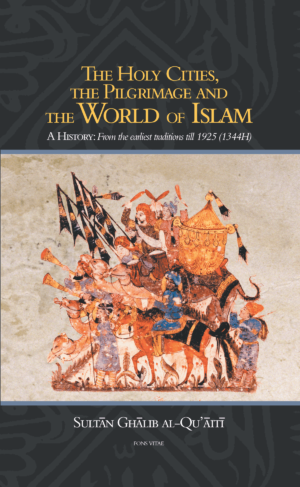Spiritual Meanings of the Hajj Rituals – A Philological Approach
$24.95
NOW AVAILABLE! After making the Hajj twice, Abdulla Galadari found himself wanting to more deeply understand the significance of the ancient rituals he had performed. What was behind them, making them so important and meaningful?
From a career grounded in the sciences—engineering to astrophysics—he changed course. Galadari began studying Hebrew, Aramaic and Arabic, hoping to learn more about the rites of Pilgrimage through the etymological breakdown of word roots. He was not only drawn to the origin and historical development of words and their meanings, but to the study of, and relationship between, languages and their oral and written historical sources. He noted compelling parallels and similarities of narrative among faith traditions. His personal insights, suppositions and conclusions suggest a common underlying spiritual heritage and a profound interconnectedness with the People of the Book.
His research can enrich any pilgrim, whether on the journey of life, or the Hajj itself. Galadari demonstrates how, through language itself, Pilgrimage may be viewed as a struggle against the lower self, nafs, leading to purity of heart, an archetypal journey of the soul. The rites of Hajj help a pilgrim divest him — or herself of all but God’s presence.
—–
“Religion without spirituality is like marriage without love. SPIRITUAL MEANINGS OF THE HAJJ RITUALS is a labor of love that through careful analysis of the intricate details of the Hajj uncovers its deeper meaning. This work succeeds in being both thorough academic scholarship and also a vibrant and flowing text.
A careful philological study of ancient Hebrew, Aramaic and Greek sources uncovers how deeply rooted are the parallels between the Islamic Hajj to Mecca and the ancient pilgrimage to the Temple in Jerusalem as interpreted in both Judaism and Christianity. This connection illuminates the commonality of the traditions and spirituality of the Abrahamic religions. Indeed, the underlying meaning that emerges of the Hajj, a journey in which the ego and self die in order for the soul to be reborn in the surrender to God is a universal message that reflects the longings and aspirations of spiritual searchers of all religions. As a talmud scholar I am awed and enthralled by the insights in the book.”
— Rabbi Dr. Yakov Nagen, Director of Ohr Torah Stone’s Blickle Institute for Interfaith Dialogue.
- 9781941610541
- Paperback
- 192

